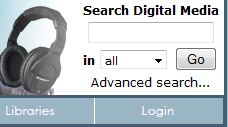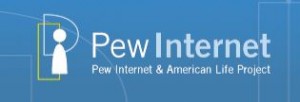Allan Kleiman presented the wonderful workshop, Serving Older Adults With Panache, on February 6, 2012 at SALS. Since attending the workshop, several libraries have taken action to improve their services to seniors using the ideas and models presented at the workshop.
Here are some of their stories:
Lou Ann Stewart of the Clifton Park-Halfmoon Public Library reported on the new services the library has added stating: “We have made a few changes after attending the workshop. First, we created a “senior space” both in a physical sense and online on our website. We have a kiosk that contains new large print books (it was in existence before we attended the workshop). We added community information of interest to seniors. Next to the kiosk, we have a spinning rack with free brochures from Saratoga County organizations. We held a Senior Expo last fall and created a binder with information gathered from all the participating organizations. That binder is also located on the kiosk. Then, we created an “Outreach & Senior Services” page on our website: http://www.cphlibrary.org/services/outreach-senior.shtml with lots of helpful information for seniors.”Continue reading→


